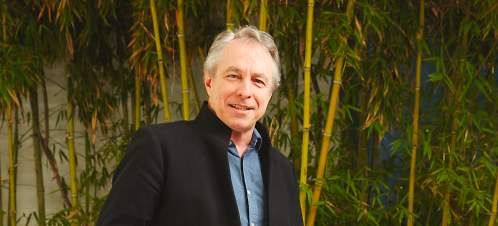About Tom

I write. I have read a lot. I have edited a lot (LARB, LARB Books, academic journals, my students’ work). I have traveled a lot, from Azerbaijan to Zanzibar, as one of my subtitles has it—roughly 150 countries (and territories, like French Guiana, Scotland, Gibraltar and Tibet, that are technically part of other countries). And I have taught a lot: at UC Riverside, the LARB/USC Publishing Workshop, University of Iowa, University of Copenhagen, and Stanford University.
I’ve also always played music. I spent an inordinate amount of time, for someone who is not a professional musician, playing in bar bands, and I’ve recorded a few times. I retired from UC Riverside in June of 2024, moved to France, and , I have built myself a studio in a corner of our barn in France and am giving myself a YouTube education in the new recording technologies.
I am married for the last 30 years to the wonderful writer Laurie Winer, and have three superb adult children that all live in Los Angeles with their three superb partners. We worry about the world descending into total political and climatological chaos in their lifetimes, and all understand our moral responsibility to have faith and hope, and to work toward not letting that happen.
Laurie and I now run a residency for writers and artists in St. Chamassy, in France’s Dordogne region.